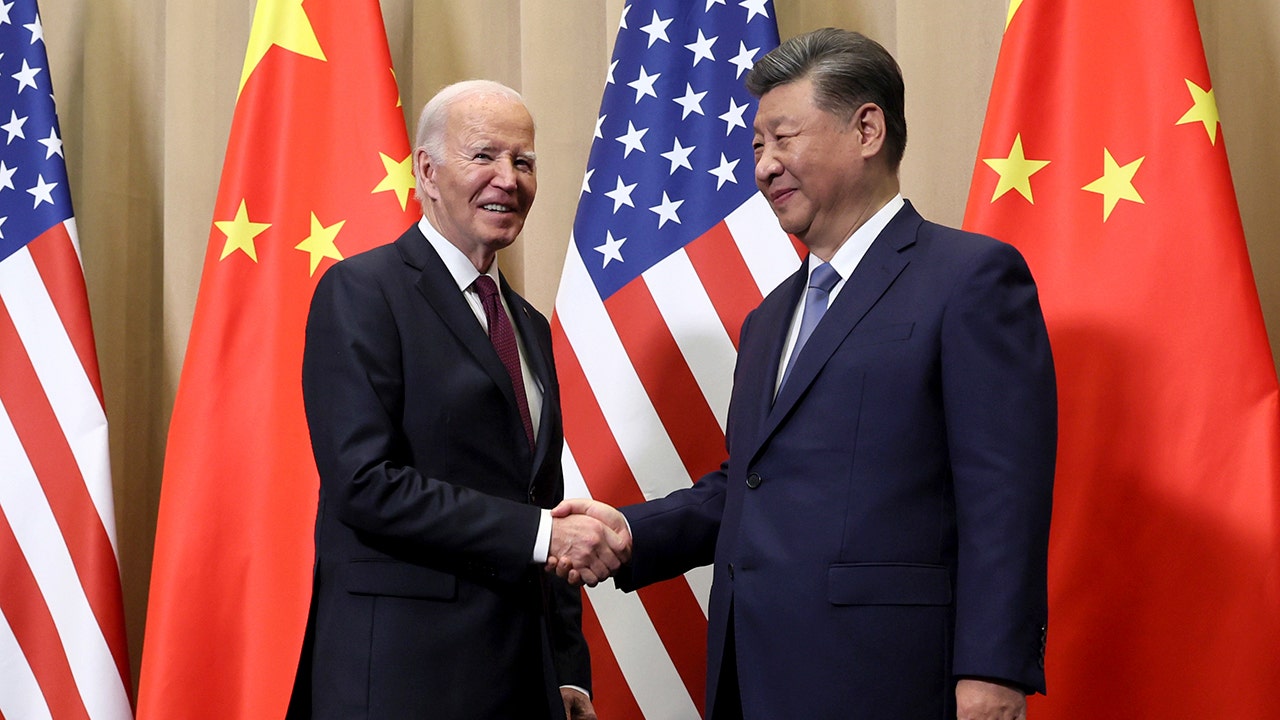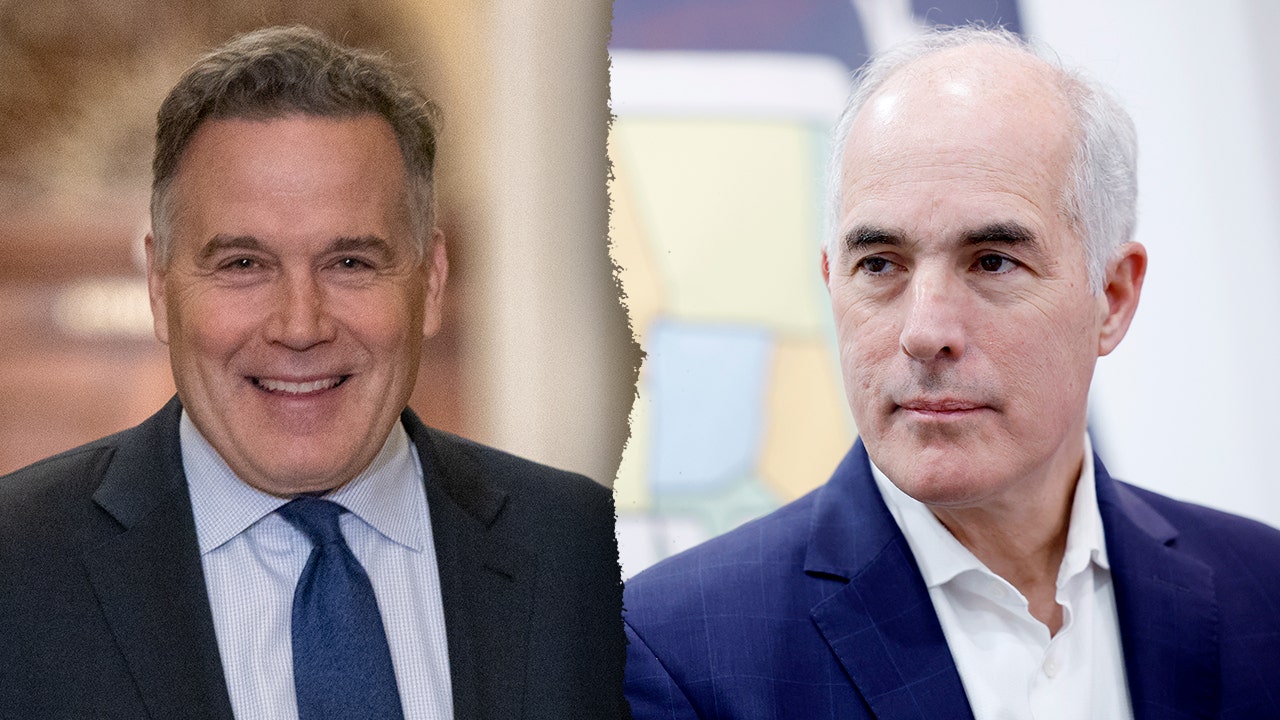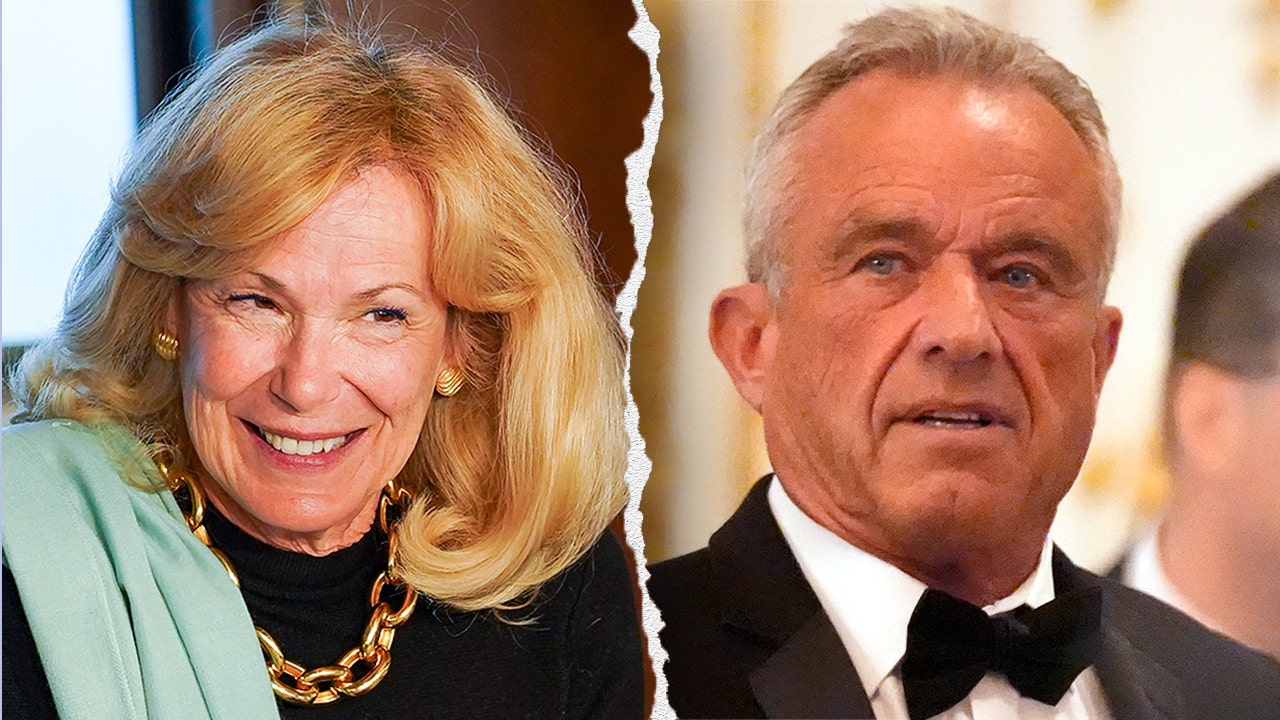Boris Johnson, the ousted prime minister who led Britain through the pandemic, will testify before an official inquiry on Wednesday, giving his first detailed public account of how he grappled with a rampaging virus that divided his government, laid the seeds for his political downfall and nearly killed him.
Mr. Johnson, who left Parliament earlier this year after he was found to have deliberately misled lawmakers over a series of boozy parties that broke lockdown rules, will face hard questions: Should he have moved faster in imposing a lockdown in March 2020? Did he take the coronavirus seriously enough? Did he even understand basic data about its spread?
He can point to some genuine victories: Britain’s rollout of a vaccine in early 2021 was one of the fastest of any major country. His decision to reopen the British economy later that year — widely criticized in advance amid a spike in Covid cases — was vindicated, as other countries followed suit.
But all told, Mr. Johnson’s performance was unsteady, erratic and even irresponsible at times, according to several former cabinet ministers and aides who have testified in the inquiry since public hearings began in June. Some said his chaotic leadership style may even have contributed to driving up the death toll of 230,193 that the United Kingdom suffered in the pandemic.
“We had a prime minister who didn’t know what to do, and was consumed by Brexit,” said Devi Sridhar, professor of global public health at the University of Edinburgh. “To me, the lesson is: Try to elect leaders who are competent.”
Mr. Johnson is the latest political figure to be scrutinized by the Covid-19 inquiry, an independent, public examination of Britain’s response to the pandemic, led by a former judge, Heather Hallett, that is expected to continue until 2026.
One of the most charismatic communicators in British politics, Mr. Johnson is famous for his clever phrasemaking, humorous asides and sunny optimism. But none of those traits are likely to help him during two days of forensic interrogation, while his mastery of the details — never a strong suit — and his response to potentially hostile questioning could be critical.
“Can he maintain a serious, contrite and vaguely reflective demeanor, or does he get rattled and annoyed?” asked Jill Rutter, a former senior British civil servant and senior research fellow at U.K. in a Changing Europe, a research institute in London. “Does he degenerate into making jokes?”
Mr. Johnson has had time to prepare for the hearing, and his allies have leaked details of his prepared testimony to British newspapers. He may have learned lessons from his appearance in March before a Parliamentary committee, which investigated whether he lied to lawmakers over the lockdown-breaking parties in Downing Street. After a strong start, he became irritable and defensive, failing to impress the committee, whose scathing report led to his quitting Parliament.
This time, Mr. Johnson will face some people whose relatives died in the pandemic (he himself was treated in an intensive care unit in April 2020 during a serious bout of Covid-19).
“For someone who likes to play the jokey entertainer, to be the center of attention and to bluster around, I think this is probably about the least ideal setting you could imagine,” Ms. Rutter said.
Though Mr. Johnson is the inquiry’s marquee witness so far, by a long shot, the hearings have produced no shortage of drama, not least because of the release of a trove of text messages between government officials, which has given its lawyers plenty of grist for awkward questions.
Dominic Cummings, Mr. Johnson’s former chief adviser, apologized at the inquiry for WhatsApp messages in which he described senior officials with a string of profanities, often scatological in nature. His disparagement of a female colleague prompted accusations that he had encouraged an atmosphere of misogyny in Downing Street, which Mr. Cummings denied. He insisted he had been “much ruder about men.”
Certainly, Mr. Cummings laid some serious charges on Mr. Johnson’s doorstep, including that he was AWOL during the first days of the pandemic because he was working on a book on Shakespeare that he owed his publisher (Mr. Johnson denies that).
He said that the prime minister played down the severity of the virus, predicting it would “be like swine flu,” and that his views changed direction like a defective shopping cart.
And the government’s chief scientist, Patrick Vallance, wrote in his diary that Mr. Johnson was swayed by the view of some in his Conservative Party that Covid was “just nature’s way of dealing with old people.”
Mr. Cummings’s credibility as a witness was not helped by the fact that he had traveled in violation of lockdown rules and then fell out badly with Mr. Johnson, who fired him. Yet his testimony that the government’s first instinct was to pursue a policy of “herd immunity” — allowing the virus to spread unchecked through the population so people could build up natural immunity — was powerful.
Other witnesses have portrayed Downing Street as an undisciplined workplace led by an idiosyncratic prime minister who struggled to make, and stick to, decisions. According to one senior aide, Mr. Johnson at one point suggested he should be injected with the virus on live television to demonstrate that it did not pose a threat.
For all the attention the inquiry has captured, some experts say the focus on personalities and infighting so far has generated more heat than light. They question whether it will help Britain learn the right lessons to respond more effectively to the next pandemic, or whether it will remain an exercise in blame-shifting and buck-passing.
In part, that is a function of timing. While the pandemic is no longer the country’s No. 1 political issue, the hearings are occurring less than a year before a likely general election. Unlike in the United States, where in 2020 Joseph R. Biden Jr., a Democrat, defeated the Republican incumbent, Donald J. Trump, in part because of his handling of Covid, in Britain, the Conservative Party remains in power.
This means that some of the ministers who are still scheduled to face questioning, most notably Prime Minister Rishi Sunak, will have to face voters and are therefore less inclined to acknowledge any fault.
“Everyone is quite defensive about why it wasn’t their fault,” Professor Sridhar said. “But this wasn’t an individual failure. It was a system failure.”
Mr. Sunak, who was chancellor of the Exchequer at the time of the pandemic, is expected to testify soon. He might be helped by Mr. Johnson’s appearing first. But the stakes are high because Mr. Sunak’s grip over the Tory Party is weak as it badly trails the opposition Labour Party in opinion polls.
One of Mr. Sunak’s policies will almost certainly come under question: the Eat Out to Help Out program, an August 2020 initiative that lured Britons back into restaurants by subsidizing their meals. The policy may have exposed more people to infection, contributing to a second wave that winter. The inquiry was told that England’s chief medical officer, Chris Whitty, referred to it in his diary as “Eat out to help out the virus.”
“You will get the spectacle of a serving prime minister being subjected to questioning,” Ms. Rutter said. “It’s obviously something he would much rather not have.”





